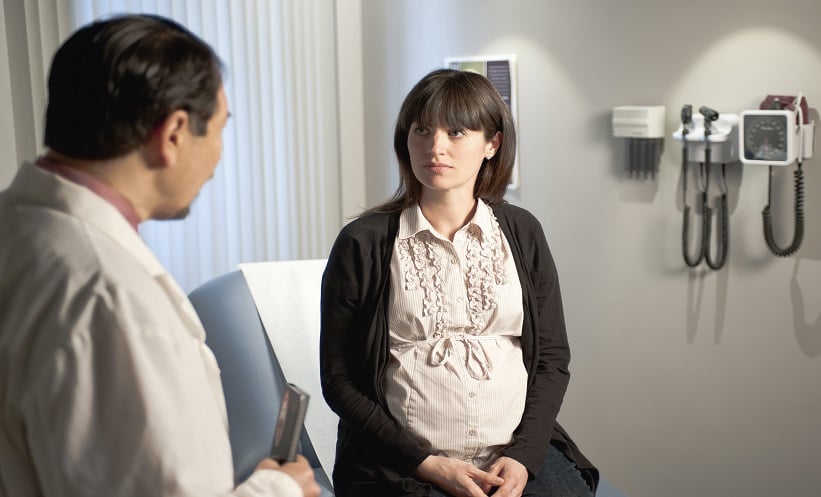WHILST the absolute risk for hospitalisation for stroke is low amongst pregnant persons who received fertility treatments, a new study has found that this risk is elevated in those who received fertility treatments in the 12 months following delivery, compared to patients who delivered after spontaneous conception.
To determine whether treatments for infertility were associated with increased risk of pregnancy-related haemorrhagic or ischaemic stroke, researchers from the Rutgers Robert Wood Johnson Medical School, New Brunswick, New Jersey, USA, retrospectively reviewed data from 31,339,991 pregnant persons aged 15–54 years, who had a hospital delivery between 2010–2018. Of these patients, 287,813 had received fertility treatment, and 31,052,178 conceived spontaneously.
The analysis revealed that within the first 12 months following delivery, the stroke hospitalisation rate was higher in those who had received fertility treatment than those who delivered after conceiving spontaneously, at 37 per 100,000 people versus 29 per 100,000 people, respectively. The stroke hospitalisation rate difference was eight per 100,000 people (95% confidence interval [CI]: -6–21 hospitalisations per 100,000 people). The hazard ratio (HR) was 1.66 (95% CI: 1.17–2.35). This increase in stroke hospitalisation rate was found to be higher for haemorrhagic stroke (adjusted HR: 2.02; 95% CI: 1.13–3.61) than ischaemic stroke (adjusted HR: 1.55; 95% CI: 1.01–2.39).
The authors noted some limitations, including the impact of the effect size estimates on HRs; lack of differentiation between the types of fertility treatments patients underwent; not controlling for other factors that contribute to the association between stroke and fertility treatment, including gestational and non-gestational diabetes, and hypertension; and how pre-existing medical conditions were managed. Additional research will therefore be required to explore these findings further.
The team concluded that given the increased risk was evident from 30 days postpartum, early and long-term follow-up after delivery should be considered for patients who receive fertility treatments.








